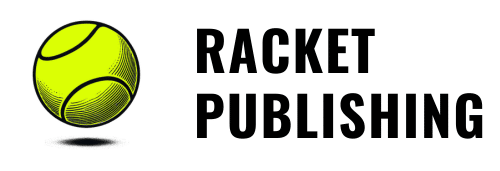Before I fancied myself an author, I paid my bills by helping companies implement new systems. During that decade, I developed a simple theory of business. Everyone falls into one of the following three groups:
- Those that get it.
- Those that don’t get it but want to get it.
- Those that don’t get it and don’t want to get it.
In today’s post, I’ll put that theory to the test against authors and their willingness to embrace new tools. I’ll be referecing the comments from my article on Jane Friedman’s site about the power of Notion. (I’ll also reference some of the opinions readers expressed in her LinkedIn post.)
Notion Fans
If I worked with anyone in this cohort, our projects would go swimmingly well.
As expected, a piece detailing the power of Notion to its current users resonated a great deal. I was preaching to the choir. More than 100 million people would echo my general sentiments.
Many of Jane’s readers didn’t know about Notion databases—an insanely useful feature that undergirds RacketHub. If I worked with anyone in this cohort, I suspect that our projects would go swimmingly well. For instance, Gianaclis Caldwell and I would wind up completing each other’s sentences within a few weeks.

Open to Notion
Next up were the authors who’d heard about this newfangled no-code tool but had yet to dip their toes in the water. Yeah, with Notion there’s learning curve, but its benefits seemed at least to warrant further exploration. (They’re absolutely right.)

Again, I’d expect zero friction if I ghostwrote a book with Vivian or if she chose Racket as her publisher. I can dial down my Notion geekdom, but it exists for a damn good reason.
No, Thank You
Finally, there were the haters. Members of this group were quick to list what they believed were Notion’s current drawbacks, such as its lack of an offline mode1 and its monthly annual fee.2 To them, the app is unnecessarily complicated. What’s more, their current applications (no doubt, email, Google Docs, and the like) are sufficient for their purposes.
Consider one response:

I’m not going to try to convince Heather or, heaven forbid, Andrew that they’re wrong.3 At the same time, I won’t extinguish my love and use of Notion for them. It’s best that we choose to work with other people. I’m fine with that.
While we’re talking about templates, they typically save a great deal of time compared to starting from scratch. As I write in Low-Code/No-Code: Citizen Developers and the Surprising Future of Business Applications, that’s why Airtable, Todoist, Coda, and myriad other vendors encourage creators to build and sell them. Here is a free Notion one if you’d like to kick its tires.
What You Need to Know
Racket’s batting average with its clients is perfect so far. (Admittedly, we’re not talking about dozens of them yet.) Knowing in advance if prospects are willing to embrace contemporary, proven, and user-friendly tech is invaluable. No sense in trying to put a square peg in a round role.
My theory still holds water all these years later.



0 Comments